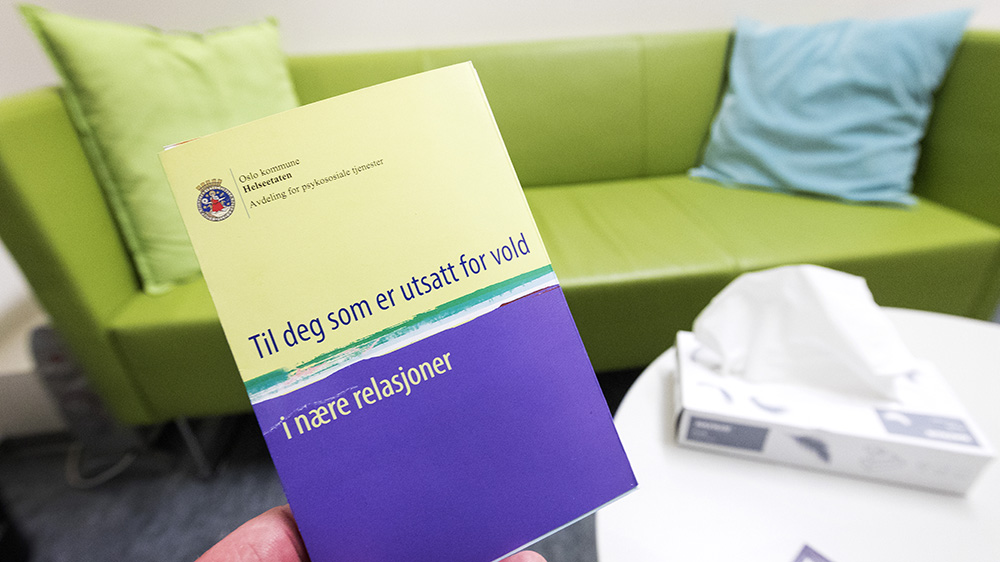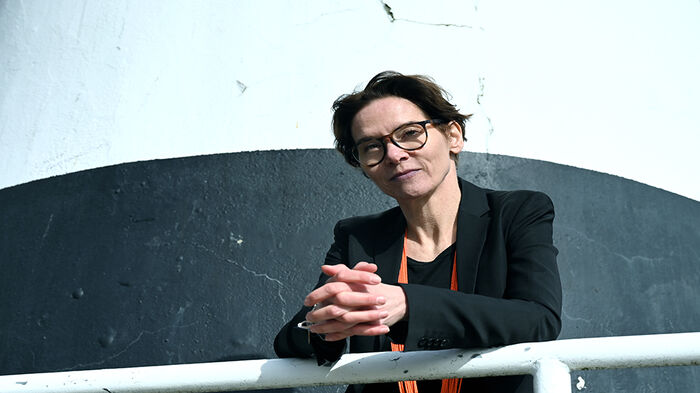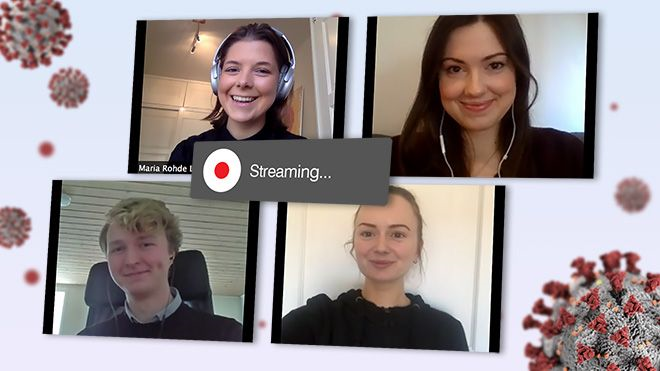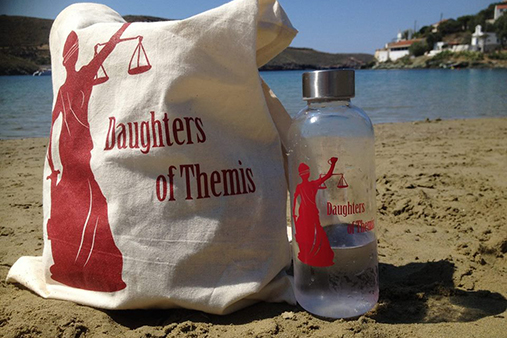Over the last decade, police have become more future-oriented and strategic. Annette Vestby demonstrates how the police work creatively and pragmatically to solve their tasks.
Research news
Debates about artificial intelligence are debates about ourselves, says Mareile Kaufmann. It’s important that we do not lose track of our own position in this fast-moving discourse.
Why do so many people choose not to report rape? Research shows that the trauma of talking about the abuse as well as owning one’s own narrative of what happened can be crucial.
In 2022, the Research Council of Norway issued a call for proposals for research centres that can strengthen legal research into EEA law from a Norwegian perspective. This is the contribution that will be made by the research centre EURNOR at the University of Oslo.
No-one would consider it ideal if a state were to take the law into its own hands when another state has violated an agreement. Nevertheless, countermeasures are an important principle in international law and cannot easily be prohibited.
Professor Dr. Christina Voigt dedicates her life and career to environmental law. This fall, she is organizing a high-level international conference on the transformative power of law.
International courts can have a far larger influence on domestic politics than what appears at first sight, PluriCourts' Øyvind Stiansen suggests.
During the recent UN climate change summit, state parties agreed to phase down coal and renewed their intention of limiting global warming to 1,5 degrees. Yet for Professor Voigt, the most important achievement was the carving out of the technical details within carbon trading and transparency.
In her recently submitted PhD thesis, Emma Brandon investigates state’s obligations to cooperate with the International Criminal Court (ICC) and the regional human rights courts, even when they are not members of these courts.
Scholars from PluriCourts are researching and attending ongoing negotiations to reform the international investment treaty system. - This is a natural experiment.
Voigt will be the chair of the Commission for the next four years. She intends to harness its international role and its global reach.
In his new book 'The Application of Teachings by the International Court of Justice' Sondre Torp Helmersen, Associate Professor at UiT The Arctic University of Norway, illuminates the varied use of teachings in judgments by the International Court of Justice (ICJ).
In a new book on ‘Identity and Diversity on the International Bench’, Freya Baetens investigates the impact of the overrepresentation of judges from certain backgrounds on the legitimacy of international courts and tribunals.
Does the Refugee Convention still have an impact in states that have not signed it? How do these states actually contribute to the development of international refugee law? Maja Janmyr will discover the answers to these and other questions when she kicks off the ERC Starting Grant project entitled BEYOND.
«The Convention has improved the protection of human rights in Europe, as well as strengthening the rule of law and the democracy,» says Erik Møse, who spent seven years as judge in the European Court of Human Rights.
Most law students at the University of Oslo (UiO) find that digital teaching provides good learning outcomes, and they want to have more of it. They want more real-time teaching and more interactive digital teaching, with greater opportunities for asking questions, discussing and collaborating. At the same time, students point to a number of factors they believe need to be improved upon for digital teaching.
Animals of endangered species are seized and destroyed by the authorities rather than protected.
Daughters of Themis, an international women’s network started at the Faculty of Law a few years ago, has evolved today into a viable and fruitful international network for female business scholars.
For the Norway model, with some kind of EEA-type solution to work for Britain, British politicians must be able to look beyond the traditional political divides, according to a UiO researcher.
Companies as Google and Facebook collect, aggregate and use personal information of the users. The accumulation of information gives limitless knowledge about individuals and represents a privacy risk.
NRCCL-researcher Samson Esayas has been invited to present his research to the U.S. Senate on February 27.
International law protects fighters and civilians differently. Establishing who has been a victim of a war crime and who has been a lawful casualty of war is not always easy.
On 2 November, PluriCourts received a positive assessment by the Research Council of Norway and will continue for its second term. PluriCourts launches a revised research plan to address increased criticism against several international courts.
In April more than 30 people were killed by a chemical weapon attack in Syria. Despite clear evidence that serious international crimes have been committed, and despite numerous calls to hold those responsible to account, the international criminal justice system seems, at present at least, to be impotent.
Female foreign fighters are framed as delusional, emotionally unstable, and naïve jihadi brides in search of a husband. This narrative can be dangerous, explains Ester Strømmen at PluriCourts.
New research from PluriCourts reveals a tight network of actors shifting between the roles of lawyer and arbitrator in investment treaty arbitration.




















.jpg?alt=listing)